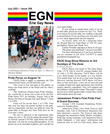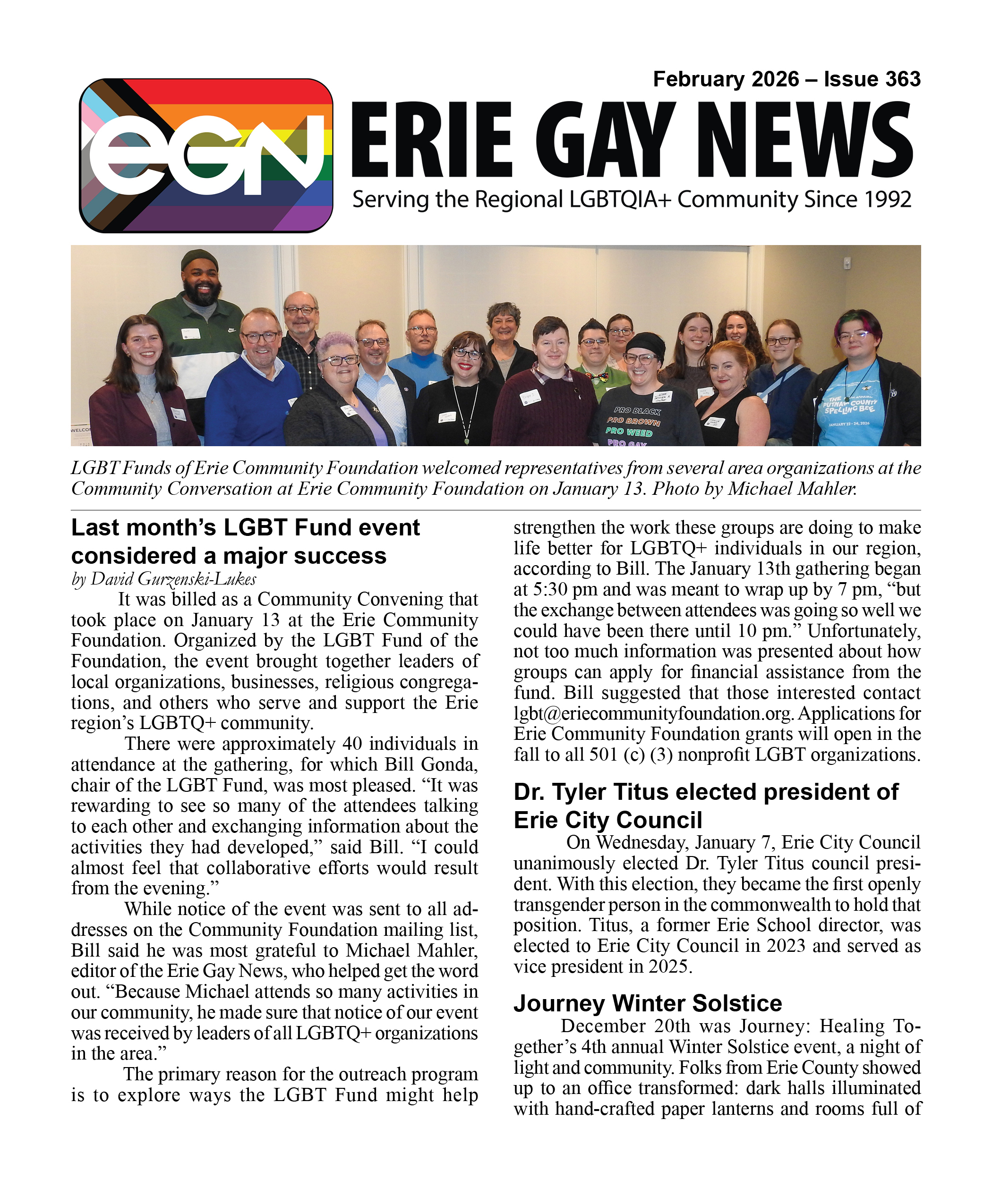APA dismayed by SCOTUS ruling exempting religion-affiliated agency from adhering to anti-discrimination law
Decision unfairly penalizes foster children, same-sex couples
WASHINGTON - The American Psychological Association expressed disappointment in a ruling by the U.S. Supreme Court that a Catholic foster-care agency is exempt from complying with a law that prohibits discrimination based on sexual orientation.
The unanimous decision, in the case Fulton v. Philadelphia, found that Catholic Social Services, a private foster care agency that has a contract with the city, can refuse on religious grounds to place foster children with same-sex couples. Philadelphia's Fair Practices Ordinance bars discrimination based on sexual orientation.
"We are dismayed that the court ignored the best interests of the children and ruled that religion-affiliated agencies are exempt from the city's non-discrimination law," said APA President Jennifer F. Kelly, PhD. "There is extensive research demonstrating that same-sex couples are as capable, supportive and caring as opposite-sex couples. There is also extensive research documenting the discrimination faced by same-sex couples. This decision is damaging to the children who are being denied homes with qualified foster parents and to the couples who are being turned away merely because of their sexual orientation."
APA filed a friend of the court brief in the case, joined by the American Academy of Pediatrics, the American Medical Association and the American Psychiatric Association. The brief argued that the city has a compelling reason to try to eliminate discrimination based on sexual orientation and cited scientific evidence that children in foster care should have access to all qualified families.
"It flies in the face of science, reason and logic to deny children who need foster families access to qualified same-sex couples," Kelly added.
The American Psychological Association, in Washington, D.C., is the largest scientific and professional organization representing psychology in the United States. APA's membership includes nearly 122,000 researchers, educators, clinicians, consultants and students. Through its divisions in 54 subfields of psychology and affiliations with 60 state, territorial and Canadian provincial associations, APA works to advance the creation, communication and application of psychological knowledge to benefit society and improve people's lives.



